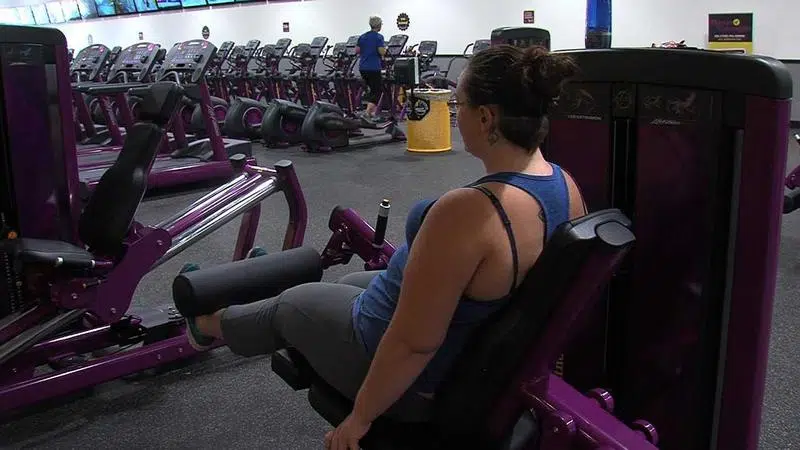
How to set realistic health goals for 2020
KAMLOOPS — At the start of every New Year, people set out to become happier and healthier versions of themselves.
While some will succeed in their efforts, others will struggle to commit to their resolutions.
“Make a New Year’s resolution that’s going to last for the long term,” said Mark Nendick, owner/operator of PFN Coaching. “A lot of people get excited, get a gym membership, try some new program, last two weeks and then they quit. So, I always talk about my ‘whys,’ why you want to make this change.”


